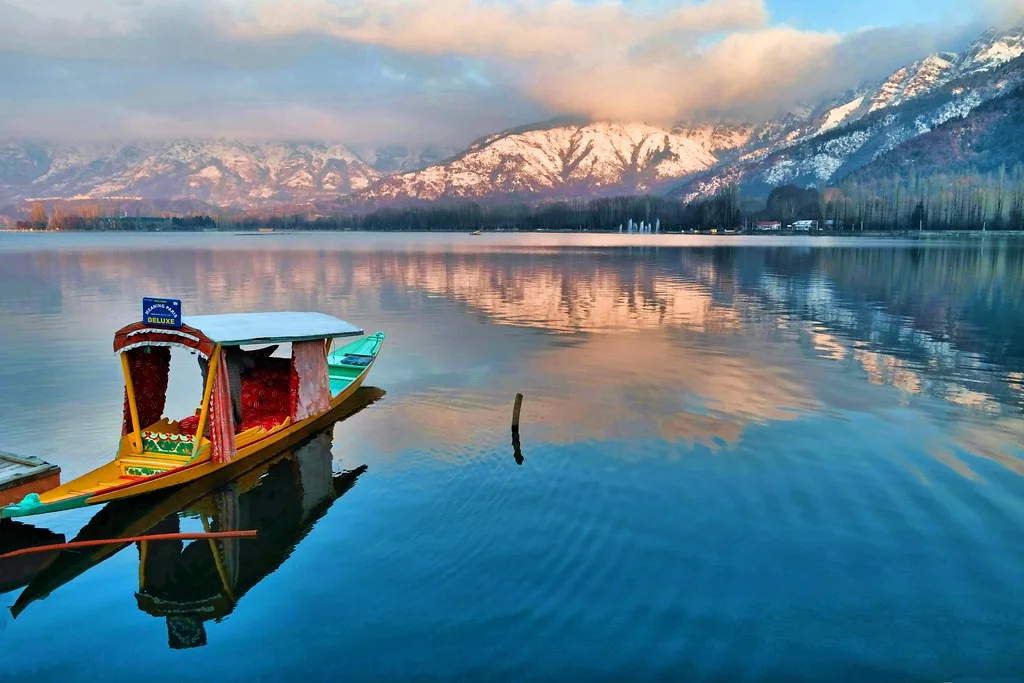Dal Lake: Beyond the Postcards
There’s more to Dal Lake than reflections and shikaras — it’s a living world where water, people, and stories flow together.

Dal Lake: Beyond the Postcards
Everyone has seen Dal Lake — in photos, wallpapers, or that one relative’s WhatsApp DP who visited Kashmir once and never stopped reminding us.
But what most people don’t see is what happens when the camera turns away — when the mist rises and the lake starts its day long before the tourists wake up.
At dawn, Dal isn’t quiet. It’s alive.
Boats glide across the still water carrying heaps of fresh vegetables — floating markets where buyers and sellers bargain in hushed tones as the sun slowly stretches its light across the lake. There are no loudspeakers or neon boards, just the rhythm of paddles cutting through water and the laughter that echoes softly between houseboats.
Further inside, you’ll find floating schools, where children learn their lessons while ducks paddle by the windows. There are floating gardens too — tiny islands made of water plants and mud, growing tomatoes, melons, and sometimes hope itself.
And then there are the people — the haenz (boatmen) whose lives are tied to the lake like roots under the surface. Their shikaras aren’t just boats; they’re homes, shops, taxis, sometimes even therapy sessions on water. If you ever take a long ride and end up talking to one, you’ll hear stories of love, loss, and the quiet pride of belonging to Dal.
Every sound, every scent here feels layered. The splash of the oar, the distant call for kahwa, the creak of a wooden plank — they all weave together into a melody that no postcard can capture.
And yet, Dal isn’t perfect. In winters, the water freezes and life slows down. Pollution threatens its beauty, and yet, every spring it finds a way to renew itself — as if the lake knows that people need it to stay alive, both literally and spiritually.
So the next time you see a picture of Dal Lake, look a little deeper. Behind that calm reflection lies a thousand stories — of mornings spent trading vegetables, of children rowing to school, of sunsets that never look the same twice.
Because Dal Lake isn’t just a sight.
It’s a heartbeat.
And it beats quietly, beautifully, beyond the postcards.